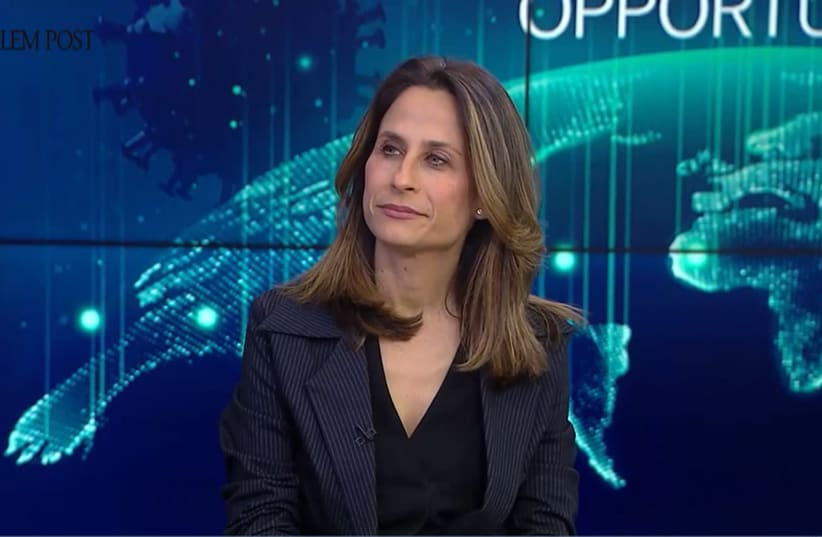In a conversation with Editor-in-Chief Yaakov Katz, she addressed several issues related to current events.
Asked about the relationship between Prime Minister Benjamin Netanyahu and Alternate Prime Minister Benny Gantz, Farkash-Hacohen said the issue at stake was not the personal story of what is happening between the two leaders.
“This is a very complicated unity government that was assembled because of the special needs and circumstances of an unprecedented political, health and economic crises,” she said. “In essence, these are two parties committed to totally different values, and with this comes a challenge to maintain the government.”
“I hope that the two sides are committed and will be committed to what is good to the public,” she added. “Whoever is dragging or might drag Israel to a fourth election is not a good civil servant.”
Farkash-Hacohen warned against what she described as a ramp-up of attacks against the legitimacy of the State of Israel.
“We are not opposing freedom of speech, nor criticism against Israel, even when loud and strong,” she said. “We oppose attacks on the existence of the State of Israel as the homeland of the Jewish people.”
Among the problematic issues, Farkash-Hacohen said, were the International Criminal Court’s decision to prosecute Israel and the blacklist published by the UN Human Rights Council featuring businesses operating in Jewish areas over the pre-1967 lines in east Jerusalem, the West Bank and the Golan Heights.
“This is all taking place in an environment of COVID-19, which builds up on a very significant social and political unrest around the world,” she said. “This is unfortunately a fertile ground for extremists from the far Right and the far Left, which are all combining and collaborating with antisemitic voices.”
Social-media platforms are a fertile environment for antisemitism, Farkash-Hacohen said.
A few weeks ago, she addressed the problem in a letter to Twitter CEO Jack Dorsey, denouncing a series of posts by Iranian Supreme Leader Ali Khamenei comparing Israel to a tumor.
“The public opinion is shaped on social media,” Farkash-Hacohen said. “They need to enforce their user policy.”
